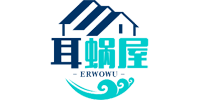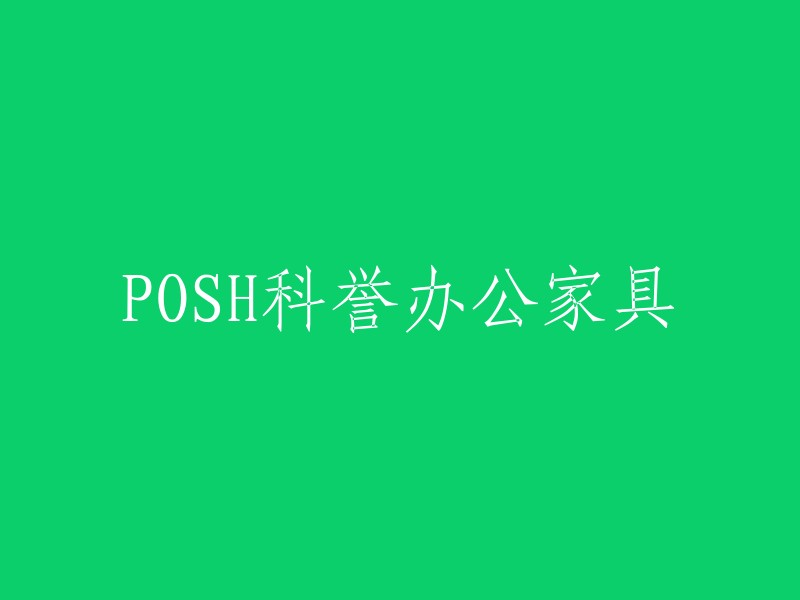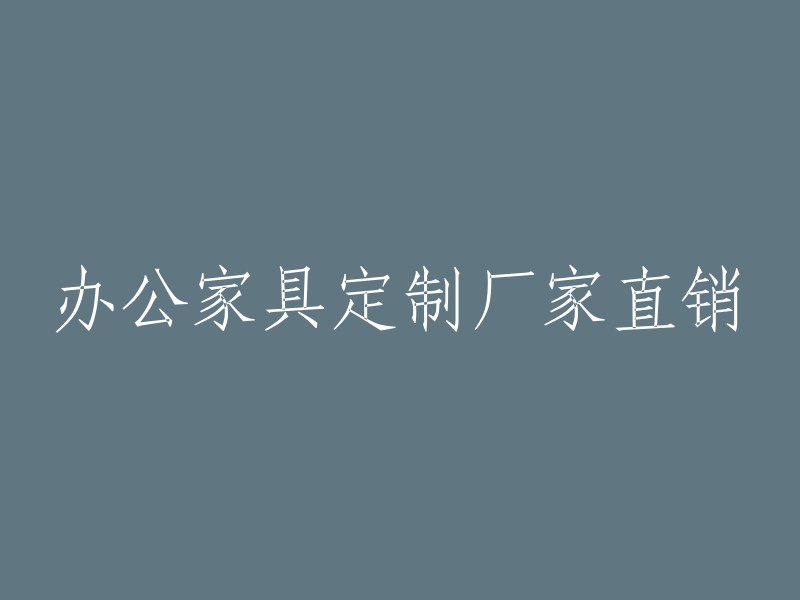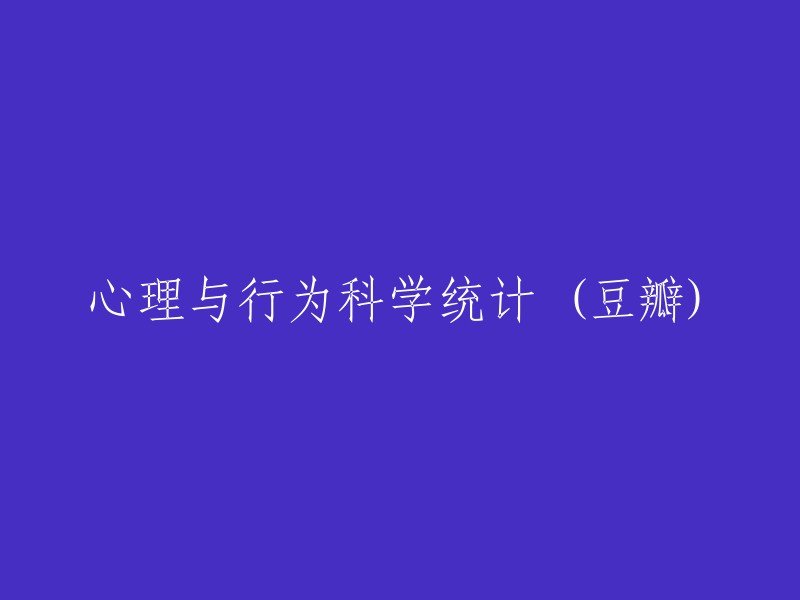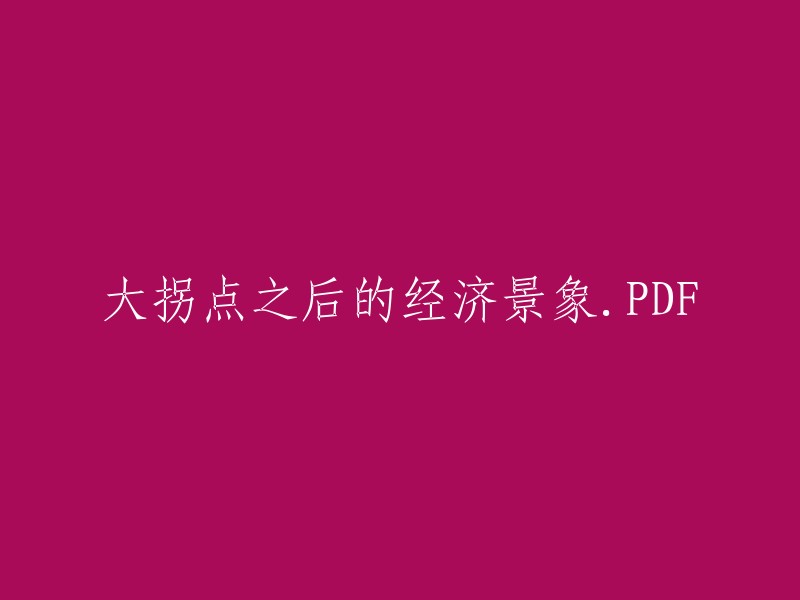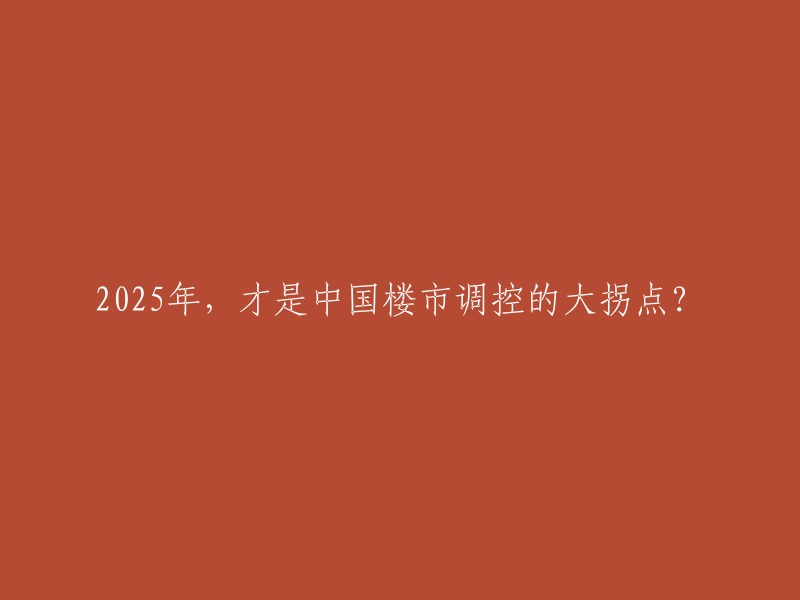你好,我不太明白你的问题。你能告诉我你需要什么样的帮助吗?
一、课程安排
1. 马克思主义经典著作选读
2. 成人教育与终身教育基本理论研究
3. 工作场所学习与人力资源开发研究
4. 科研论文写作
5. 成人教育学科体系构建与发展研究(第二学期)
6. 社区教育与学习型社区研究(第二学期)
7. 继续教育发展研究(第二学期)
8. 学科前沿理论研究(第二学期)
9. 跨学科或专业选修课(第三学期,至少选修1门,不少于2学分)
二、科研成果要求
1. 在研究所以上机构范围作学术演讲至少2次,并至少参加1次学术会议,提交会议交流论文至少1篇。聆听学术报告至少30次。
2. 参加学科点或导师承担的重大科研项目,或申请各种研究基金开展独立研究,科研工作量不少于60学时,科研成果由导师评定。
3. 科研成果发表至少需达到以下三个要求之一:
a) 本人为第一作者,或导师为第一作者、本人为第二作者,华东师范大学为第一作者单位,在SSCI、A&HCI收录期刊发表1篇学术论文;
b) 本人为第一作者,或导师为第一作者、本人为第二作者,华东师范大学为第一作者单位,在教育学一级学科权威期刊《教育研究》上发表1篇学术论文;
以下是根据您提供的信息重构的内容:
本人为第一作者、华东师范大学为第一作者单位在CSSCI收录期刊(含扩展版)上发表2篇学术论文。博士研究生在读期间发表科研成果达到规定要求后,方能提出学位申请。
六、学业考核
(一)年度报告
每学年末,博士研究生向导师及指导小组汇报一年来的学习与科研进展,研究所、指导师签署意见后报研究生院备案。
(二)基本文献阅读能力考核
博士研究生应该掌握其研究领域涉及的基本文献,第一学年结束时由研究所组织考核,具体考核方案由研究所自行确定。
(三)开题报告审核
博士研究生第一学年需要修满规定课程学分;第三学期需完成学位论文开题工作,开题报告须经论文指导小组审核通过。否则应重新组织开题。
(四)中期考核
入学后第三个学期末进行中期考核,一般要求修完规定的课程,至少按要求发表论文1篇,完成开题报告,通过开题鉴定。中期考核的评价、选拔、修正与淘汰机制如下:
评价机制:全面考核合格者,进入学位论文阶段。
选拔机制:选拔政治思想品德优秀、学业成绩优秀、科研能力突出的研究生提前进入学位论文写作阶段。
修正机制:经全面考核为合格的研究生,予以延期毕业或推迟撰写学位论文。
淘汰机制:经全面考核较差者,例如政治思想品德不良、学业成绩较差、明显缺乏学习能力者,建议予以肄业。
(四)论文答辩资格审核
论文答辩资格审核内容包括:中期考核结果复核、学术活动参与情况审核和学术成果发表情况审核。秋季毕业生在每年4月—初,春季毕业生在每年10月初进行论文答辩资格审核。具体审核日期以通知为准。
(五)其他考核
博士研究生还须完成研究伦理和学术规范训练考核,上述考核结果不计入总学分,但纳入毕业答辩资格审核范围。研究伦理和学术规范训练以自学为主,其考核通过网络进行。
七、学位论文要求
(一) 论文资格要求
1.完成了培养计划中规定的课程学习要求
2.在读期间,未出现违反法律、校纪以及侵犯他人知识产权等重大错误。
(二) 论文开题
开题报告论证会的时间一般为入学后第三学期。研究生必须按照研究生院开题报告的基本要求,撰写完整的学位论文开题报告,其基本要求包括:选题的目的与意义,文献综述,论文的研究内容、研究方法、研究思路、内容框架、撰写计划,主要参考文献等。(三) 论文撰写
研究生在论文撰写过程中应定期向导师和指导小组作阶段性报告,并在导师的指导下不断完善论文的结构、思路和观点。博士研究生必须保证投入论文写作的时间不少于2年,以确保学位论文的质量。
学位论文的内容要求如下:
- 选题站在学科前沿,具有开创性,有较大的学术价值和实践意义。
- 论文基于周密的研究设计和使用恰当的研究方法,反映扎实的研究素养。
- 论文主题明确,观点鲜明,材料运用得当。
- 文献工作全面、扎实,能全面把握论文研究领域内的成果及最新进展,无遗漏。
重要文献应具备以下特点:
- 能反映作者具有系统扎实的本专业理论基础和专业知识。
- 论文能提出创造性的见解。
论文评阅和答辩:
本专、比实行学位论文预答辩制度。研究生在正式答辩前两个月,必须向导师组提交符合研究生论文撰写基本规范的论文初稿,包含论文全部要素。预答辩合格或通过修改合格后方可中申请正式答辩。在举行答辩会前,按照研究生院和教育科学学院有关规定,研究生参加盲审评定,评定合格后方可参加正式答辩会。
论文学术规范要求如下:
- 尊重他人知识产权,禁止抄袭、剽窃他人成果利侵犯他人著作权行为。
- 严肃对待文献,引文注释与参考文献的列举符合学术规范。
- 在导师指导下,能够独立完成。
- 能够清晰、简明、准确地表达自己的观点,论文逻辑结构合理。
- 文字流畅,语言精炼,有一定的表现力,并符合汉语语言文字的规范。
- 文字、标点符号、图表、注释及排版等符合研究生院学位论文基本要求,错误率控制在万分之三以内。
基本文献阅读书目:
1.高志敏.当代世界教育科学发展与成人教育[M].上海:上海交通大学出版社,1997.
2.高志敏.成人教育心理学.上海:上海科技教育出版社[M],1997.
3.高志敏.国外职业培训制度比较研究[M].北京:中国人事出版礼,1996.
4.高志敏.终身教育、终身学习与学习化社会[M].上海:华东师大出版社,2005.
5.叶忠海.大学后继续教育概论[M] .上海: 上海科技教育出版社[M),1997.
6.孙世路等.成人教育[M].哈尔滨:黑龙江教育出版社,1989.
7.联合国教科文组织.学会生存[M].北京:教育科学出版社,1996.
8.联合国教科文组织.教育——财富蕴藏其中[M].北京:教育科学出版社,1996.
以下是一些关于成人教育的书籍推荐:
1. 《第五次世界成人教育大会专题文献》
2. 《教育部课题组》
3. 《终身教育导论》
4. 《现代国际终身教育论》
5. 《成人教育社会学》
6. 《成人教育史》
7. 《成人教育导论》
8. 《社区教育模式与发展》
9. 《成人教育课程开发的理论与技术》
10. 《国际成人教育比较研究》
以下是一些关于人力资源开发的书籍,希望对你有所帮助:
1. 《人力资本理论》
2. 《人力资源开发》
3. 《组织学习》
4. 《职业教育心理学》
5. 《组织学习与知识创新》
6. 《组织学习、绩效与变革:战略人力资源管理导沦——当代世界学术名著rMl》
7. 《造就组织学习力》
8. 《雇员培训与开发》
9. 《系统化教学设计》
10. 《教学设计原理》
以下是根据提供的内容重构的段落:
成人学习
52. Yeaxlee B. Lifelong Education: A Sketch of the Range and Significance of Adult Education Movement[M].伦敦:Cassell and Company,1929。
53. Knowles MS. Informal adult education [M].纽约:Association Press。1950。
54. Kelly T. A history of adult education in Great Britain [M].利物浦:Liverpool University Press,1962。
55. KiddJ, J·Roby. How Adults Learn [M1]。纽约:Association Press,1959。
56. Bergevin P. A Philosophy for Adult Education [M]。纽约:The Seabury Press,1967。
57. Hutchins RM. The Learning Society [M1]。哈蒙兹斯:Penguin,1970。
58. Lengrand P. An Introduction to lifelong Learning [M]。贝肯汉姆:Croom Helm,1970。
59. Ivanlllich。Deschooling Society[M]。纽约:HarperandRow,1971。
60. Paulo Freire。Pedagogy of the Oppressed[M]。纽约:Herder and Herder,1970。
61. Allen Tough。The Adult’s Learning Projects: A Fresh Approach to Theory and Practice in[M]。
以下是对原文内容的重构:
# 1. Adult Learning in Toronto
## 1.1 来源与出处
《Adult Learning in Toronto》是一篇关于成人学习的文献,收录于加拿大安大略省教育研究所(Ontario Institute for Studies in Education)于1971年出版的报告中。
## 1.2 作者及出处信息
该文献的作者为Dave Red(Dave R),书名为《Foundations of Lifelong Education》(终身教育的基础),出版社为Oxford,出版年份为1976年。
# 2. Knox on Adult Development and Learning
## 2.1 来源与出处
《Adult development and learning》是Knox AB编写的一本书,书名为《成人发展与学习》,出版社为San Francisco的Jossey Bass公司,出版年份为1977年。
# 3. Levinston on The Seasons of a Man's Life
## 3.1 来源与出处
《The seasons of a man’s life》是Levinston D编写的一本书,书名为《一个人的生命之四季》,出版社为New York的Knopf公司,出版年份为1978年。
# 4. Cropley on Towards a System of Lifelong Education
## 4.1 来源与出处
《Towards a System of Lifelong Education》是Cropley A J编写的一本书,出版社为Oxford的Pergaman Press,出版年份为1980年。
# 5. Cross on Adults as Learners: Increasing Participation and Facilitating Learning
## 5.1 来源与出处
《Adults as Learners: Increasing Participation and Facilitating Learning》是Cross K P编写的一本书,出版社为San Francisco的Jossey Bass公司,出版年份为1981年。
# 6. Gelpi on Lifelong Education and International Relations
## 6.1 来源与出处
《Lifelong Education and International Relations》是Gelpi E编写的一本书,出版社为Beckenham的Croom Helm公司,出版年份为1985年。
# 7. Jarvis on The Sociology of Adult and Continuing Education
## 7.1 来源与出处
《The Sociology of Adult and Continuing Education》是Jarvis P编写的一本书,出版社为London的Routledge公司,出版年份为1985年。
# 8. Kolb on LSI: Learning Style Inventory
## 8.1 来源与出处
以下是根据提供的内容完成的内容重构,并保持段落结构:
1. Wain K.(1986年),《哲学与终身教育》(Philosophy of Lifelong Education)。
2. Jarvis P.(1987年),《成人在社会背景下的学习》(Adult Learning in the Social Context)和《成人教育的道德问题》(Ethical Issues in Adult Education)。
3. Brocket R Ged(1988年),《成人教育中的道德问题》(Ethical Issues In Adult Education)。
4. Jack Mezirow(1990年),《促进成年期的批判性反思:转变与解放学习指南》(Fostering Critical Reflection in Adulthood: a Guide to Transformative and Emancipatory Learning)。
5. Jack Mezirow & Associates(2000年),《学习作为转型:变革进程中的理论》(Learning as Transformation: Critical Perspectives on a Theory in Progress)。
6. Ranson S(1994年),《走向学习型社会》(Toward the Learning Society)。
7. Welton M R ed(1995年),《保卫生命世界:成人学习中的批判性观点》(Defense of the Life World: Critical Perspectives on Adult Learning)。
8. Antikainen A等(1996年),《生活在一个学习型社会:生活史、身份和教育》(Living in a Learning Society: Life Histories, Identities and Education)。
9. Jarvis P(未指定年份),《成人教育的哲学问题》(哲学问题)(哲学问题)。
以下是重构后的内容,保持了段落结构:
1. 《成人教育的伦理学和教育》 - [M]. 1997年,莱斯特:国家成人教育学院出版社。
2. 《学习社会的内部》 - [M]. 1999年,伦敦:卡斯尔教育出版社。
3. 《世界成人教育》 - [M]. 2001年,新德里:欧姆森出版社。
4. 《学习的三个维度》 - [M]. 2002年,哥本哈根/莱斯特:罗斯基勒大学出版社/英国国家成人教育学院出版。
5. 《环境成人教育:生态学习、理论和实践》 - [M]. 2003年,旧金山:约瑟斯·巴斯出版社。
6. 《工作生活中的学习和成长:一个生态学视角》 - [M]. 2004年,丹麦哥本哈根:罗斯基勒大学出版社。
7. 《全球环境下的环境成人教育》 - [M]. 2004年,纽约:P·朗出版社。
8. 《环境成人教育中的全球视角》 - [M]. 2004年,纽约:P·朗出版社。
9. 《人类学习:整体方法》 - [M]. 2005年,纽约:劳特利奇出版社。
10. 《批判理论的力量:解放成人学习和教学》 - [M]. 2005年,旧金山:约瑟斯·巴斯出版社。
11. 《批判理论的力量:解放成人学习和教学》 - [M]. 2005年,旧金山:约瑟斯·巴斯出版社。
Human Resource Development (HRD) is a term that has become increasingly relevant in the international context. However, defining HRD in one country can be challenging, as it involves various aspects such as philosophy, practice, and expertise. In this regard, several scholars have provided valuable insights into the nature of HRD. Wendy E.A. Ruona, for instance, has proposed a philosophical framework for thought and practice in human resource development [J]. Her work highlights the need for a holistic approach that considers both the individual and organizational perspectives.
Another key contribution comes from Elwood Holton, who examines the nature of performance and learning in HRD [J]. Holton's research underscores the importance of understanding how individuals learn and perform in organizations, which can inform effective HRD practices. Robin S. Grenier and Marijke Kehrhahn also offer an integrated model of expertise redevelopment and its implications for HRD [J]. This model emphasizes the importance of continuous learning and development for professionals in HRD to meet the evolving needs of organizations and individuals.
Training transfer has also emerged as a crucial aspect of HRD. Lisa A. Burke and Holly M. Hutchins provide an integrative literature review on this topic [J]. Their research highlights the need for effective training transfer strategies to ensure learners can apply their knowledge and skills in real-world situations. Similarly, John-Paul Hatala offers a new methodology for social network analysis in human resource development [J]. His work emphasizes the importance of understanding the social networks that exist within organizations to inform HRD practices.
Rob F. Poell and Ferd J. Van der Krogt investigate learning-program creation in work organizations [J]. Their research highlights the need for tailored learning programs that consider the unique needs and goals of employees within an organization. Finally, K. Peter Kuchinke provides valuable insights into the role of HR managers in facilitating learning and development [J]. His work emphasizes the importance of effective leadership, communication, and collaboration in fostering a culture of learning within organizations.
In conclusion, defining HRD in an international context requires considering various aspects such as philosophy, practice, and expertise. The contributions of scholars like Wendy E.A. Ruona, Elwood Holton, Robin S. Grenier, Marijke Kehrhahn, Lisa A. Burke, Holly M. Hutchins, John-Paul Hatala, Rob F. Poell, Ferd J. Van der Krogt, and K. Peter Kuchinke provide valuable insights into the nature of HRD and inform effective HRD practices in today's globalized world.
Comparing National Systems of Human Resource Development: Role and Function of Post-Baccalaureate
Post-baccalaureate education has become increasingly common in many countries around the world as a means to prepare individuals for the workforce. This article aims to provide an overview of post-baccalaureate education, focusing on its role and function within national systems of human resource development.
To begin, this article draws upon several sources that explore different aspects of post-baccalaureate education. The first source is an article published by HRDI in 2003, which examines the role and function of post-baccalaureate education in national systems of human resource development.97 In another source, D. Beckett and P. Hager discuss the importance of life, work, and learning in postmodernity.98 Additionally, Billett and others explore the concept of professional and practice-based learning, while Bridger et al. investigate how to support individual and organizational learning at work.99 Gerber and Pillay present emerging international perspectives on improving workplace learning, while Merriam and Caffarella offer insights into learning in adulthood.100 Finally, Nicolini, Silvia Gherardi, and Yanow provide a practice-based approach to knowing in organizations.101 Olesen's book offers a new understanding of adult learning by examining life history, gender, and experience.102 Overall, these sources provide valuable insights into the role and function of post-baccalaureate education in national systems of human resource development.
以下是根据提供的内容重构的书籍列表:
1. Knud, I. (2009). Contemporate Theories of Learning [MI]. Routledge.
2. Wenger, E. (1998). Communities of Practice: Learning, Meaning and Identity [M]. Cambridge University Press.
3. Woerkom, M.V.,& Rob Poell (Eds.). (2010). Workplace Learning: Concepts, Measurement and Application [M]. Routledge Publishing.
4. Carol E. Kasworm, Amy D. Rose & Jovita M. Ross-Gordon. (2010). Handbook of Adult and Continuing Education [M].
